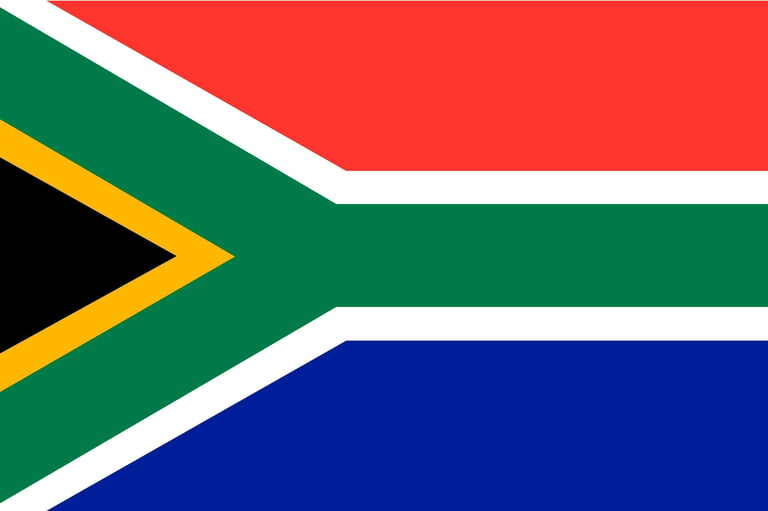By Edition8 News Staff
May 29, 2025
In May 2025, the United States welcomed its first group of 59 white South African refugees under a new initiative known as Mission South Africa. This program, launched by the Trump administration, aims to grant asylum to white South Africans, primarily Afrikaners, citing alleged systemic violence and racial discrimination linked to South Africa's post-apartheid land reform policies. The initiative has sparked significant controversy both domestically and internationally.
The Trump administration justified the program by alleging that white South African farmers were victims of a "genocide" and state-backed persecution. These claims have been widely discredited by international human rights organizations and South African officials. Despite this, the U.S. State Department expedited the refugee applications of Afrikaners, citing "racial discrimination" as the justification for granting priority status. The first group of refugees arrived at Dulles International Airport in Virginia, where they were welcomed by U.S. officials and provided with resettlement assistance. According to the State Department, all spoke English, and about a third already had relatives in the United States.
The program has been met with strong opposition from the South African government. President Cyril Ramaphosa rejected the premise of the program, arguing that the white minority was not facing persecution that would meet the threshold for refugee status under international law. He emphasized that South Africa is a constitutional democracy that values all its citizens, regardless of race.
Domestically, the initiative has raised concerns about racial bias in U.S. immigration policy. Critics argue that the program selectively prioritizes a specific racial group while denying asylum to other vulnerable populations, such as Afghan, Haitian, and Ukrainian refugees, many of whom face actual crises or have contributed to U.S. efforts abroad. This selective approach has been described as racially biased and ideologically driven, undermining the broader humanitarian ethos traditionally associated with U.S. refugee policy.
Interestingly, many Afrikaners have rejected the offer of resettlement in the United States. Prominent groups representing Afrikaners, such as the trade union Solidarity and the lobby group AfriForum, have stated that they do not want to leave South Africa. They emphasize their commitment to building a future in their homeland and have criticized the portrayal of Afrikaners as a downtrodden group in need of rescue.
As of now, the U.S. has received approximately 8,000 inquiries into the refugee program, and the State Department continues to process applications. The future of Mission South Africa remains uncertain, as it faces legal challenges and ongoing scrutiny from both domestic and international communities. The program's long-term impact on U.S. immigration policy and international relations will depend on its legal standing and the evolving political landscape.
In conclusion, while the arrival of South African asylum seekers in the U.S. under Mission South Africa has provided refuge to a select group, it has also highlighted significant concerns about racial bias and the politicization of refugee resettlement. The controversy surrounding the program underscores the complexities of balancing humanitarian efforts with equitable and just immigration policies.



